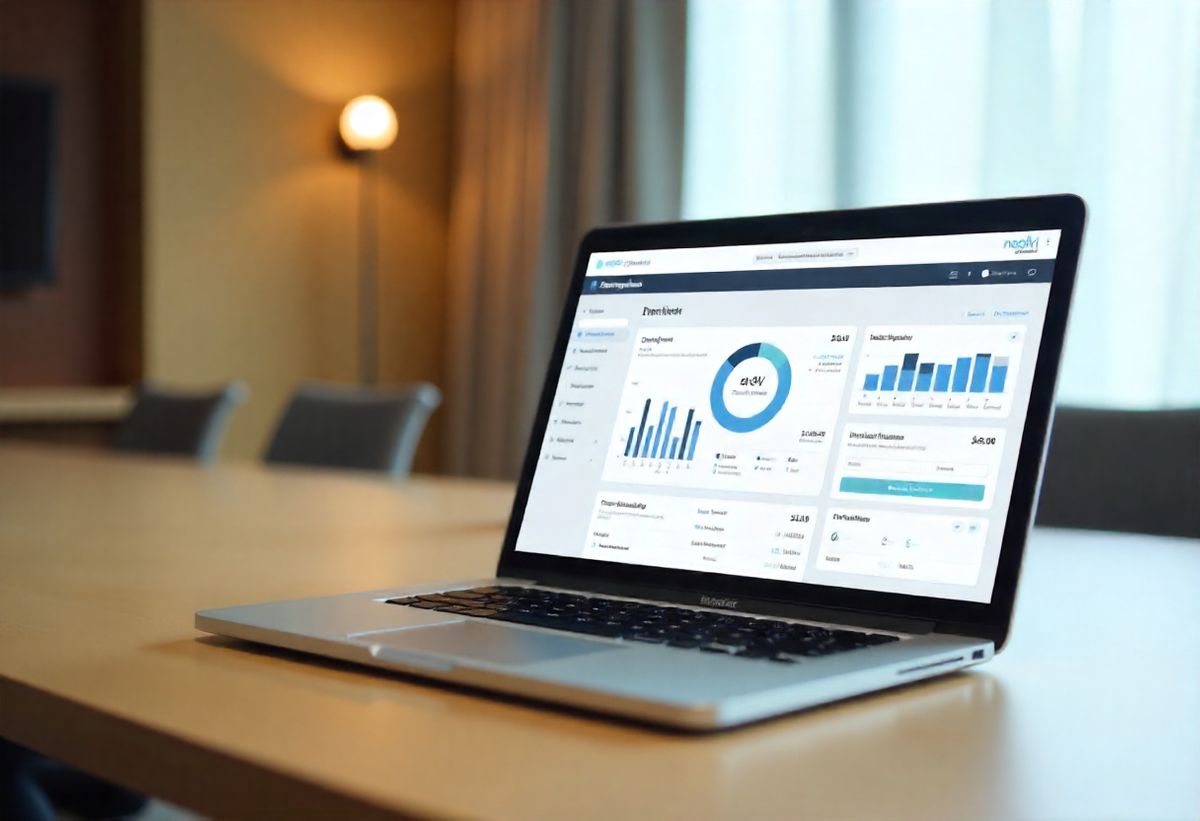Introduction
Hotel bidding can be a double-edged sword for corporate travel managers. On one hand, competitive bidding drives down costs and gives you leverage across multiple markets. On the other hand, poor execution-like using outdated spreadsheets, neglecting benchmarks, or chasing non-responsive hotels-can backfire and waste weeks of effort. That’s why the rules of engagement matter.
Today, sourcing teams rely on smarter platforms like ReadyBid to follow the do’s and avoid the don’ts. With an enterprise hotel rfp software that streamlines competitive bidding and contract negotiations, organizations are no longer burdened by guesswork. The evolution of hotel rfp tool technology makes winning better corporate rates a matter of process, not luck.
Why Hotel Bidding Matters More Than Ever
Corporate lodging programs represent one of the largest controllable travel expenses. Securing favorable hotel rates can mean millions in annual savings for global enterprises. But market dynamics are shifting:
Hotels are recovering from compressed margins and negotiating harder.
Travelers are demanding flexibility, sustainability, and better amenities.
Finance departments expect measurable ROI from procurement.
This environment requires travel buyers to approach bidding with discipline, strategy, and automation.
The Do’s of Hotel Bidding1. Do Leverage Data-Driven Benchmarks
Always compare proposals against market averages. ReadyBid’s benchmarking engine provides year-over-year rate data, ensuring you’re negotiating from a position of strength.
2. Do Use Automation to Expand Reach
With a single click, ReadyBid distributes bids globally, across both GDS and non-GDS hotels. This expands competition without increasing workload.
3. Do Allow Unlimited Negotiation Rounds
The best rates often come after multiple counteroffers. With hotel RFP negotiation system features, you can push for better concessions without artificial limits.
4. Do Create Customized Directories for Travelers
Negotiated rates only deliver value if employees can find and book them. ReadyBid allows instant creation of directories mapped to offices, cities, or business units.
5. Do Integrate With Corporate Procurement Strategy
Treat hotel sourcing as part of a larger program. Use ReadyBid’s integrations with corporate travel management systems to keep finance, HR, and regional teams aligned.
The Don’ts of Hotel Bidding1. Don’t Rely on Spreadsheets Alone
Manual processes are error-prone, time-consuming, and lack audit trails. Automation eliminates duplication and missed bids.
2. Don’t Neglect Stakeholder Input
Traveler preferences and executive needs must balance with finance’s push for savings. Ignoring these factors can reduce adoption and compliance.
3. Don’t Stop at the First Offer
Hotels expect negotiation. Accepting the first bid often means leaving savings on the table.
4. Don’t Overlook Rate Audits
Negotiated rates must be validated in GDS systems. ReadyBid’s built-in rate auditing ensures compliance and prevents costly discrepancies.
5. Don’t Forget the Value of Competitive Bidding
Many corporations now accept unsolicited or competitive bids. Using smart hotel bidding platforms expands your pool of options and ensures incumbents don’t inflate rates.
Real-World Success Stories
The Dominican Hotel, Brussels: Leveraged ReadyBid’s competitive bidding to win a new corporate client-something they called “no easy task”.
Courtyard Monterrey Aeropuerto: Reported stronger rate performance and new business after adopting ReadyBid’s bidding model.
AmTrav: Saw productivity soar by automating RFP and contract workflows, cutting manual labor significantly.
These examples prove that following the do’s-and avoiding the don’ts-directly impacts program success.
Building a Sustainable Bidding Framework
To maximize results, companies should adopt a structured framework:
Data Prep: Consolidate historical spend and traveler preferences.
Competitive Bid Distribution: Use a hotel RFP management platform to expand competition.
Negotiation Rounds: Push for concessions on rates, amenities, and commissions.
Rate Auditing: Validate contracted rates across GDS systems.
Program Integration: Align with corporate hotel RFP platform goals and broader travel procurement management.
Recommended Resources
For deeper insight into winning hotel bids, check out these guides:
5 New Hotel Bidding Strategies That Maximize Savings in Corporate Travel Programs
The Future of Hotel Bidding: How ReadyBid Simplifies Travel Procurement
Why ReadyBid Is the #1 Choice for Travel Management Companies Handling Hotel RFPs
Hotel RFP Tools That Work: Simplifying Corporate Hotel Sourcing From Bid to Booking
Top 5 Hotel Bidding Trends Changing Travel Procurement in 2025
Conclusion
Hotel bidding doesn’t have to be overwhelming. By following proven do’s and avoiding costly don’ts, corporate travel managers can secure better rates, streamline negotiations, and ensure compliance across programs. The difference comes down to using smarter tools, better data, and disciplined strategy.
Book a Demo today and discover how ReadyBid makes hotel bidding faster, smarter, and more profitable.

